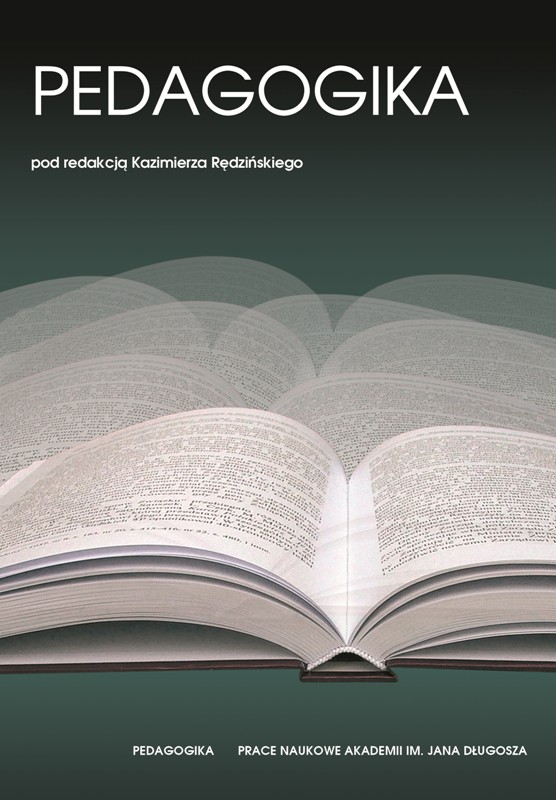Świat postulowanych wartości życia i wychowania w rodzinach polskich na przełomie XIX i XX wieku
The ideals of upbringing and family life advocated at the turn of the twentieth century
Author(s): Krzysztof JakubiakSubject(s): Recent History (1900 till today), Family and social welfare, Sociology of Culture, Socio-Economic Research
Published by: Uniwersytet Jana Długosza w Częstochowie
Summary/Abstract: In the nineteenth and at the turn of the twentieth century Polish families faced the need to guard a great deal of values. Having lost the country's political independence, a single Polish family had to define not only the principles of a family life but also national identity, morality and proper attitudes towards foreign influences, with modernization being one of them. In order to realize the goal, it was necessary to refer to the ideals which had been cherished for centuries and which had their roots in the Polish noble tradition, culture, religion and, last but not least, in the legal systems which promoted patriarchy. One of the most significant factors shaping the contemporary model of a family was urbanization – it altered the structure and functions of a family and it made the oldstanding rural lifestyle outdated. At that time tutors and journalists dealing with family issues launched a so-called ‘family – friendly’ ideology. During the first decades of the twentieth century the ideology was influenced by civilizational, social and economic factors and adopted by families of various social backgrounds. The very essence of the ideology is the subject matter of the following work.
Journal: Pedagogika. Studia i Rozprawy
- Issue Year: 2012
- Issue No: 21
- Page Range: 375-383
- Page Count: 9
- Language: Polish

